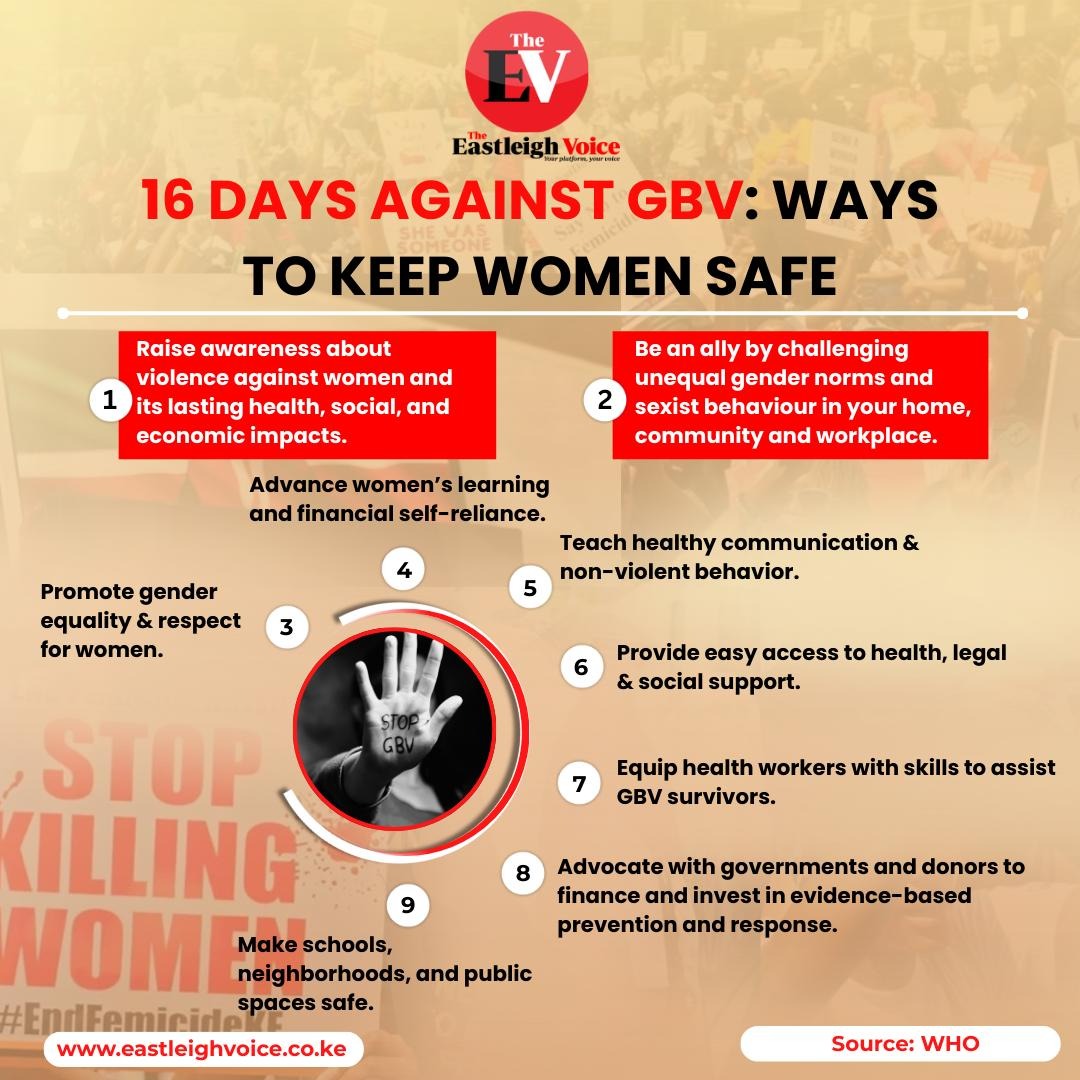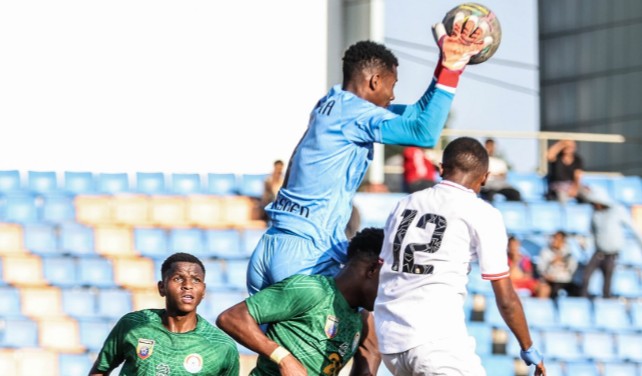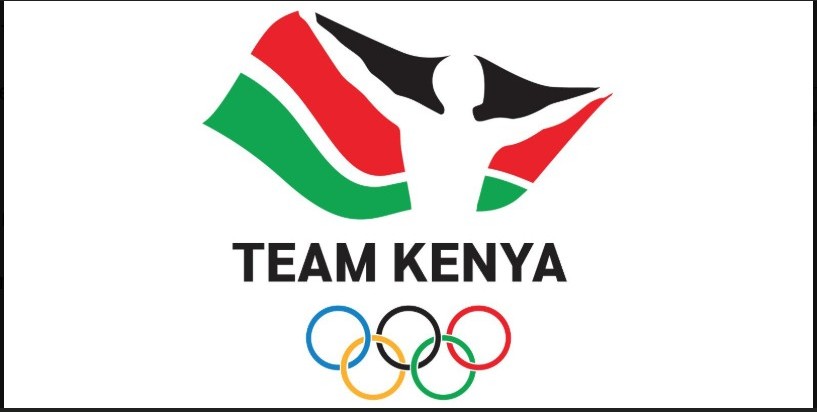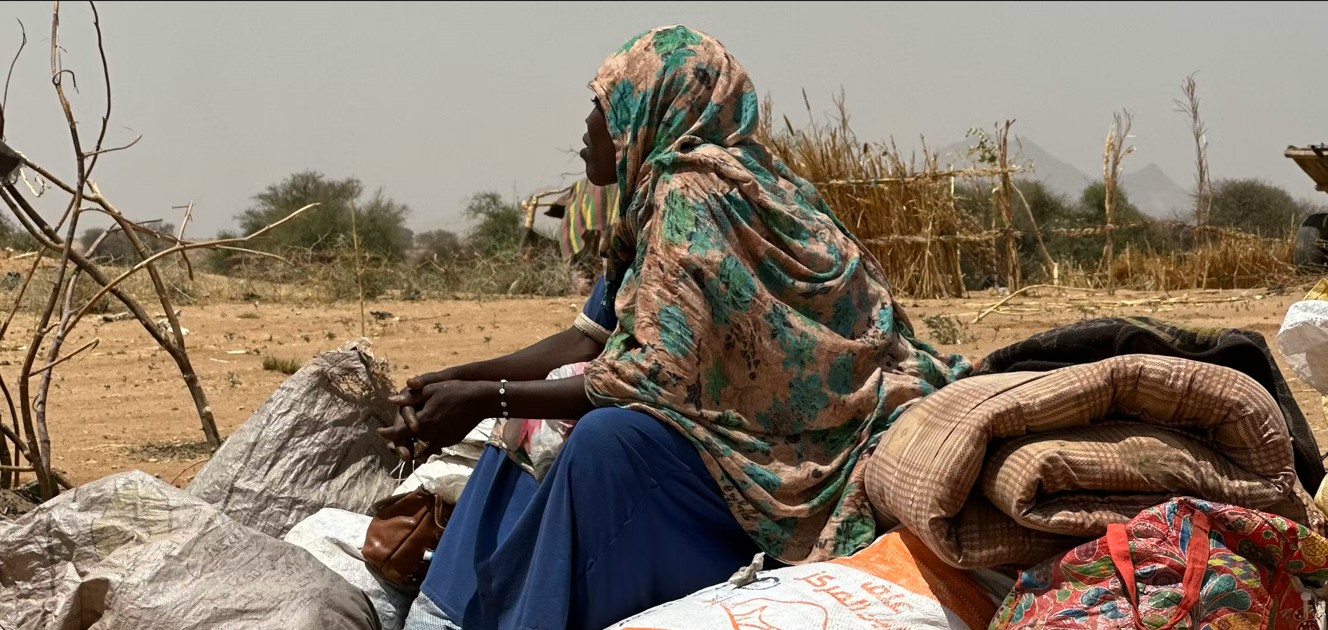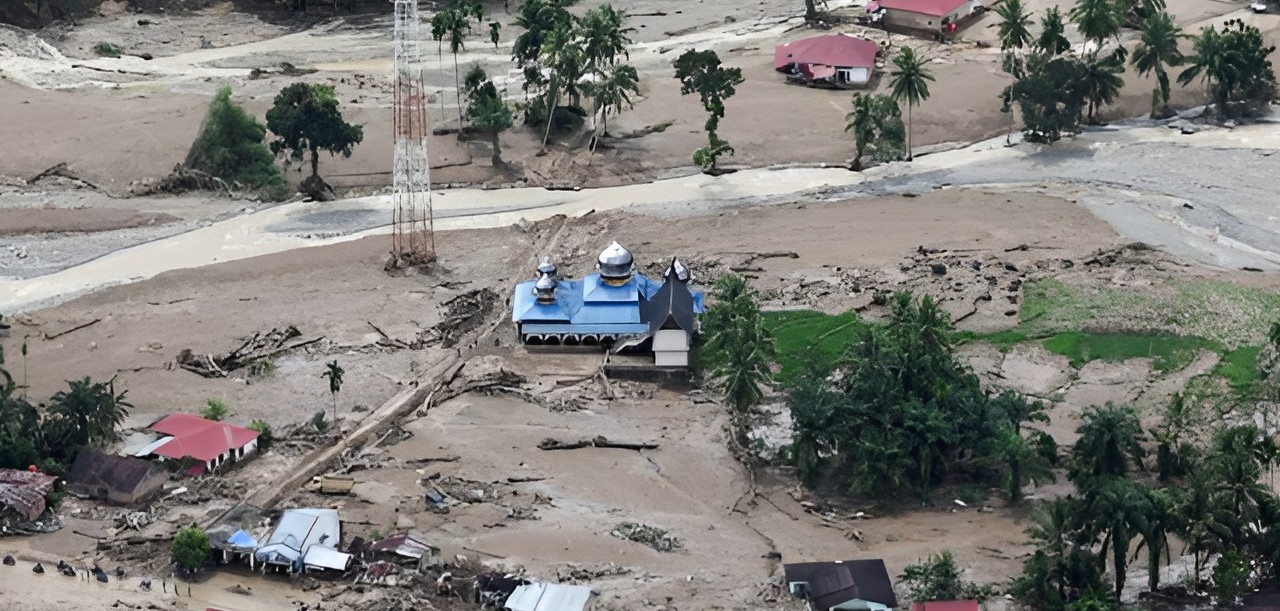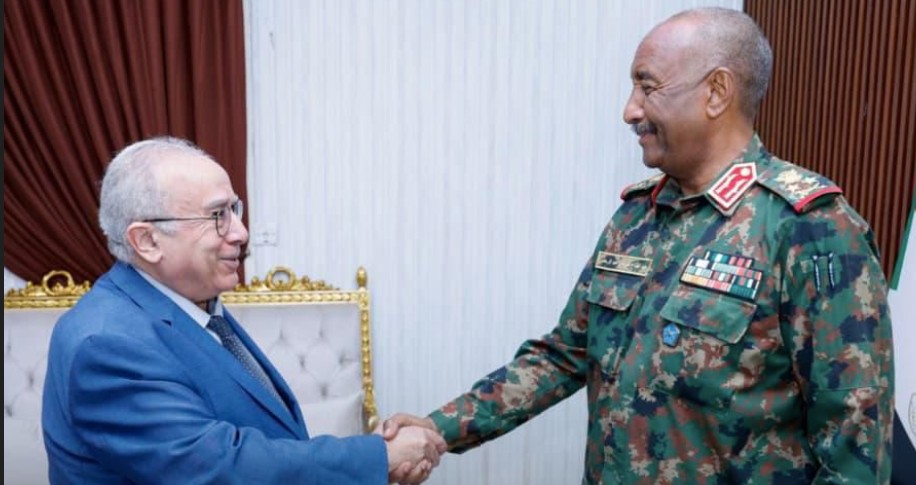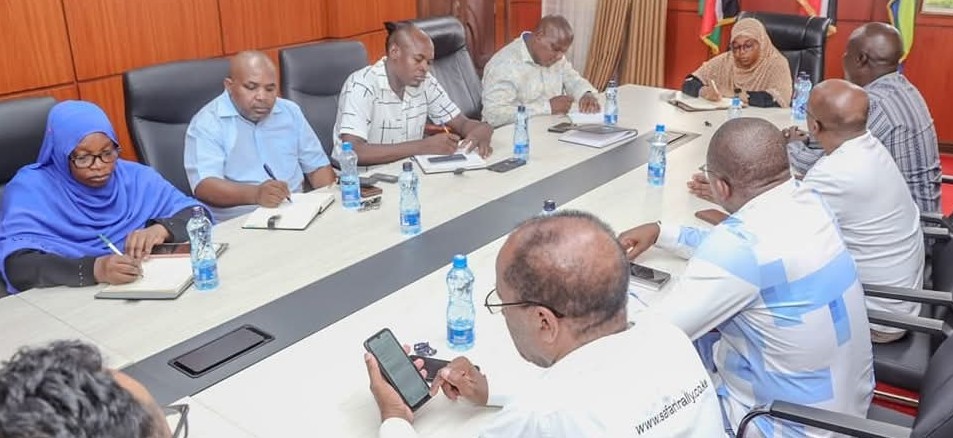From silence to strength: The Kenyan women ending FGM and early marriages

Armed with courage and compassion, Wario Nasibo and her team at Girl Concern are rewriting what it means to be a girl in Isiolo.
Wario Nasibo grew up surrounded by a painful reality that shaped the lives of many young girls in her community. For years, completing Class 8 wasn’t seen as a step toward opportunity — it marked the end of education and the beginning of a devastating cycle.
What followed was often female genital mutilation (FGM) and early marriage, cutting short the dreams of bright young girls and robbing them of their futures.
More To Read
- Maasai community leads change as elders endorse fight against FGM and early marriage
- Stakeholders warn of increased FGM cases in Wajir during long school holiday
- Gender CS Cheptumo calls for collective action against teenage pregnancies
- Nowhere to run: How girls escaping harm still find themselves in unsafe spaces
- Male circumcision is made easier by a clever South African invention - we trained healthcare workers to use it
- Unmasked: The truth behind child marriages
Nasibo watched this with a heavy heart. She saw promising minds silenced by tradition, and from that pain grew a deep resolve — a belief that girls deserved more: the right to choose, to learn, and to thrive.
In her community, Nasibo noticed that women had no voice, and issues like FGM and child marriage were rarely discussed.
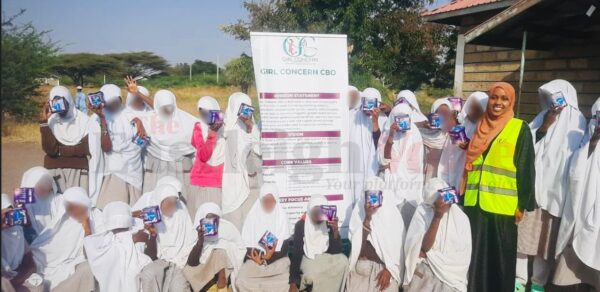 Members of Girl Concern hold a sensitization forum in Isiolo County to educate the community on the importance of protecting girls from harmful practices. (Photo: Handout)
Members of Girl Concern hold a sensitization forum in Isiolo County to educate the community on the importance of protecting girls from harmful practices. (Photo: Handout)
Treated as fate
These practices were treated as fate — inescapable and unquestioned. Determined to challenge this silence, she took a bold step in 2020 and founded Girl Concern, an initiative dedicated to empowering women and girls through education, advocacy, and digital engagement.
“When a girl is married off young, her future is stolen. But when a girl is educated — like Nasibo herself — she gains the power to transform not only her own life but the future of her entire community.”
Through Girl Concern, Nasibo is breaking the silence around harmful practices and creating safe spaces for dialogue and change.
“We conduct home visits and community outreach in collaboration with local and grassroots leaders. We aim to engage decision-makers and help them understand that sending girls to school uplifts the whole community.”
Bearing fruit
Her efforts are slowly bearing fruit. Communities are beginning to see that educating girls benefits everyone.
“Regarding FGM, we organise peer-to-peer conversations, bringing girls together to talk openly about the issue.”
Girl Concern also hosts Mother-to-Daughter forums, opening discussions that are often taboo. These intergenerational conversations have proven powerful in reducing FGM by encouraging honest, empathetic communication.
“Additionally, we involve religious leaders, married women who've undergone FGM, and those who understand its long-term effects on marriage and health. These intergenerational conversations are having a strong impact.”
Recognising that lasting change requires the involvement of all, the organisation includes men through its Youth for Change initiative.
“We engage married and young men, along with religious leaders, to have honest discussions about FGM and its consequences. Many of these leaders are married and can speak firsthand about the challenges, helping others understand these issues from the ground up.”
No safe spaces
Still, the challenges are immense.
“Sometimes girls try to escape FGM, but there are no safe spaces for them in Isiolo. We often have to refer them to neighbouring counties like Meru. In some cases, we rely on volunteer-run children’s homes that offer temporary shelter while we search for a more permanent solution.”
Since 2020, Girl Concern has reached nearly 1,000 girls and over 500 women across several wards through empowerment and advocacy programmes. Yet, cultural barriers persist.
“When I speak to older women, they often see me as a child who has nothing to teach them. The voices of women — especially younger women — are often ignored. Due to cultural sensitivities, it can also be difficult to openly discuss these topics.”
In such cases, Nasibo turns to trusted community figures.
“I turn to religious leaders. When they speak, the community listens. I explain my objectives to them and allow them to communicate the message, and this approach is gradually making a difference.”
Beyond advocacy, Girl Concern is tackling misconceptions around maternal health.
“Some people still believe women are strong enough to give birth at home, despite the risks. As we continue our advocacy, our hope is to grow our impact and support the broader ASAL (Arid and Semi-Arid Lands) region more effectively.”
Stories of survival and change
One life transformed by Girl Concern is Nimo Yusuf, a resident of Kilimani, Burat Ward. She underwent FGM as a child, long before she could understand what was happening to her.
Now an adult, she lives with lifelong complications.
“When I conceived my first baby, I was told that I had a bad scar and that cesarean section would be the only way for me to give birth safely.”
“It’s painful because whenever I’m pregnant, I know I’ll have to go through a C-section. It’s stressful.”
The consequences have been devastating.
“After the operation, I went home, and the surgical area got infected and rotted. My intestines came out, but luckily, I survived. My current C-section was better.”
Suffering into strength
She also endures painful menstruation due to scarring. Yet Nimo has turned her suffering into strength.
“None of my daughters will ever be circumcised. My eldest is in Form Two, and she has not been cut. I’m a champion because you cannot go through suffering and then let others suffer the same.”
She notes that FGM now happens in secret.
“People don’t fear being arrested. The government keeps saying they’ll arrest those who practice FGM, but we’ve learned that the most important thing is to speak out so people are aware.”
Nimo emphasises that awareness is working — but more needs to be done.
“Girls now tell their teachers if they hear about cutting. I personally went through the Somali type — which involves cutting and sewing — and it was very painful.”
“We were told FGM was part of religion, that it was a ‘sunnah’, but with more education, people have realised it’s not actually in religion — it’s just a cultural practice that continued unchecked.”
Even religious leaders, she says, are beginning to agree.
Change is happening
“Some people are now accepting this truth. It’s not easy, but change is happening — though people still carry it out in hiding.”
Her call is simple but urgent: “We want workshops to come door-to-door, especially in the villages.”
She reflects on changing community perceptions:
“In the past, uncut girls were abused and insulted. People believed that a girl who was not circumcised would become a prostitute or run away. That’s why they used to cut. But now that belief is changing.”
Nimo also highlights the need to engage men.
“That’s why older men need to be educated too. We need a way to reach them. Many are traditionalists. When women learn, men should learn too. There should be father-to-father support groups.”
Breaking the cycle of silence
Buraq Alkano, another survivor, recalls her trauma vividly.
“Five women held me down — they tied my hands and legs and put a cloth in my mouth so no one would hear me scream. It was extremely traumatising.”
She was only six years old. The experience left her deeply scarred, both physically and emotionally.
“I felt isolated, and over time I developed low self-esteem.”
At school, her peers — from communities where FGM wasn’t practised — made her feel even more alienated.
“Other girls would ask if I was circumcised. I didn’t know how to answer. They were curious — they laughed and asked if I still had feelings. It was embarrassing and made me feel ashamed.”
Buraq explains that in her community, FGM is often justified as a matter of culture and cleanliness before marriage.
“It’s painful and humiliating, especially in this generation where we know better.”
Now, she speaks out for others.
“It affected me psychologically. When I went to college and met people from other communities, it became clear that what I went through wasn’t normal. It’s embarrassing to have to explain yourself as a survivor. I believe young girls should never accept it.”
A slow but steady shift
According to Jackson Onyando, a child protection specialist at UNICEF Kenya, FGM often precedes child marriage.
“Gender norms take a long time to shift,” Onyando says. “Sometimes it feels discouraging, but when we see people beginning to hide these practices, it signals a positive shift — they are aware it is wrong.”
He emphasises the importance of involving boys and men in ending harmful traditions.
“Community involvement and dialogue are critical in changing harmful practices.”
While child protection is a government mandate, enforcement remains weak, and discrepancies in data make the fight harder. Many cases go unreported due to fear, stigma, or the influence of perpetrators.
According to the 2022 Kenya Demographic and Health Survey (KDHS), around 15% of women aged 15–49 in Kenya have undergone FGM — a decline, but still alarmingly high in some regions.
Globally, over 230 million girls and women have been subjected to FGM, according to UNICEF. In the 31 countries with representative data, one in three girls aged 15–19 has undergone the practice.
UNICEF warns that achieving Sustainable Development Goal (SDG) Target 5.3 — eliminating FGM and other harmful practices by 2030 — will require a significant acceleration in progress.
Top Stories Today



